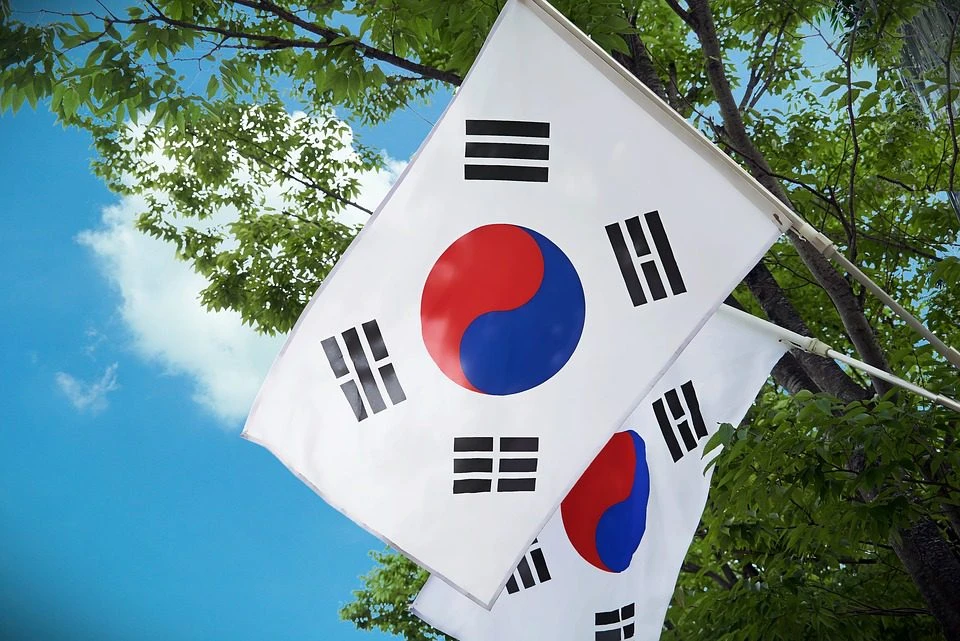The South Korea gaming industry is already reaping the benefits of planned visa exemptions for Chinese tourists. The policy won’t take effect until later in Q3, but casino and hospitality stocks are already breaking records in anticipation of a travel surge.
According to Chosun Business, since January shares of Lotte Tour Development have spiked by more than 50%. During the same period, Paradise and Grand Korea Leisure saw increases of 28% and 7%, respectively.
As of Saturday, Lotte Tour — operator of foreigner-only casinos including Jeju Dream Tower — increased 37.4% over the prior month. Noting the upward trajectory, the National Pension Service increased its equity stake in Lotte Tour from 5.01% to 7.05%.
South Korea casinos rely on foreign play
Of 19 casinos in South Korea, only one — Kangwon Land in Gangwon Province — is open to local players. The rest rely solely on international punters. The casinos stood to take a hit in December, when then-president Yoon Suk Yeol briefly declared martial law.
The decree, revoked after just six hours, still had a dampening effect on tourism. Both Chinese and Japanese tourists “shunned their neighbouring country amid heightened political tensions”, according to the Korea Economic Daily. (Yoon was deposed in April and arrested 10 July on charges of fomenting a rebellion.)
Tourists are now returning in droves. As of May, more than 7.1 million foreign travellers had visited South Korea this year, the highest volume since early 2020. China was the largest source market, accounting for about 28% of the total.
“If a nationwide visa-free policy for Chinese tourists is implemented, interest in travelling to Korea is expected to rise,” Kiwoom Securities analyst Lee Nam-su told the Korea Times in April. That means “simultaneous growth in key destinations such as Jeju, Seoul and Busan, where many casinos are located”.
Greater cooperation among Asian nations
China introduced a matching policy last November. Its visa-free plan, in place until 31 December, applies to South Korea nationals as well as travellers from Norway, Finland, Denmark and five other countries. The bilateral programs are seen as a sign of friendlier relations between the countries.
“Since visa-free entry for Koreans was allowed, there has been a warm breeze between the two countries,” said Kim Hye-young of DAOL Investment & Securities. “If the number of tourists steadily increases, foreign casino operators running integrated resort businesses may benefit” — though Chinese gamblers are forbidden to play outside the motherland, even in jurisdictions where gambling is legal.
Meanwhile, South Korea, China and Japan have agreed to cooperate on economic and trade matters to address “emerging challenges,” according to the Japan Times. The triumvirate has become “more crucial than ever as the US trade war shatters the global order”, the publication reported in May.



 2Days ago
2Days ago
 The South Korea gaming industry is already reaping the benefits of planned visa exemptions for Chinese tourists. The policy won’t take effect until later in Q3, but casino and hospitality stocks are already breaking records in anticipation of a travel surge.
The South Korea gaming industry is already reaping the benefits of planned visa exemptions for Chinese tourists. The policy won’t take effect until later in Q3, but casino and hospitality stocks are already breaking records in anticipation of a travel surge.












